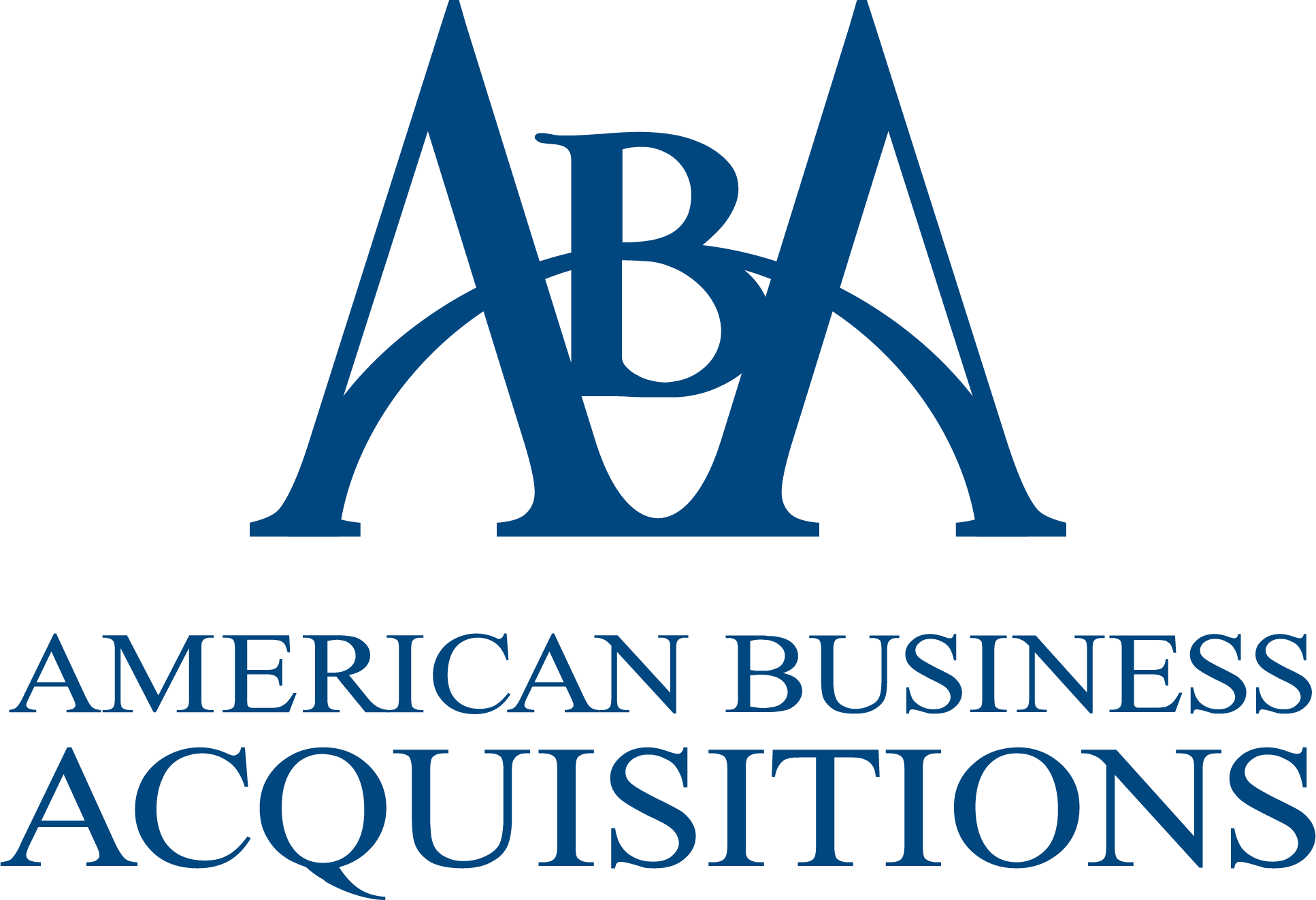Are you looking to sell a share of your business but don’t know where to start? Do you know how to sell a share of your business effectively? If not, this blog post may be the key to unlocking the potential of your asset.
Mastering the technique of selling a portion of your company’s stock may improve your financial situation and alter the course of your professional career. With our thorough guide, you’ll obtain professional knowledge on business appraisal, buyer selection, negotiations, and effectively finalizing the purchase.
Consider this: with the appropriate tools and methods, you can close a lucrative deal, pave the road for strategic expansion, and propel your company forward. You will not just be selling a part but also manipulating your future.
Explore the world of company share selling with our guide. We offer a wealth of expertise that can mean the difference between a good deal and a remarkable one. Continue reading to learn more!
Contents

Before you can traverse the terrain of selling a share of your business, it is critical to comprehend what it truly entails. A business share represents a portion of ownership in the company, with each share carrying the rights to a fraction of the company’s assets and earnings.
Anatomy of Business Share Selling: Selling a business share entails giving up a piece of your ownership in the company to another firm or individual. The purchaser of this share becomes a part-owner of the company, entitled to a proportionate share of the earnings while also incurring some of the liabilities. According to the US Small Business Administration, over 300,000 enterprises will change ownership in 2022, indicating a healthy market for selling business shares.
Implications of Selling a Share: The implications of selling a share extend beyond just receiving a sum of money. It could lead to power shifts, operational changes, and altered business strategies. In a survey conducted by Deloitte, 65% of business owners reported a significant difference in business direction post the sale of a majority share.
How is it Different from Selling the Entire Business?
Selling a Share vs. Selling the Business: Selling a portion of your company differs from selling the entire company. When you sell a share, you maintain a percentage of the company’s ownership and continue to influence its choices. However, selling the whole company entails giving the buyer total control and ownership.
Impact on Control: According to a report by Ernst & Young, 78% of business owners considered retaining control as one of the critical factors while deciding to sell a share instead of the entire business.
Financial Implications: The financial ramifications varied greatly as well. Selling a stake can generate quick money and aid in the recruitment of key partners. However, selling the entire company usually results in a more significant lump sum settlement, but it may also entail foregoing future development prospects.
Venturing into the arena of selling a business share necessitates meticulous preparation. You need to ensure that your business is appealing to potential buyers, and this requires strategic planning, accurate valuation, and seamless record-keeping.
Valuing Your Business Accurately
Importance of Accurate Valuation: A precise business valuation forms the bedrock of a successful share sale. It provides a realistic picture of your business’s worth and helps in setting a fair price for the shares. A report by BizBuySell reveals that 68% of deals fall through due to differences in valuation between the buyer and the seller.
Methods of Valuation: Several valuation methodologies, such as the Income Approach, Asset-based Approach, and Market Approach, can be used. Each strategy takes into account different parts of the business, so select the one that best represents your company’s capabilities.
Maintaining Meticulous Financial Records
The Need for Financial Transparency: Potential buyers will scrutinize your business’s financial health through its records. According to a survey by PwC, 70% of potential buyers consider financial transparency as one of their top three considerations.
Audit Reports: Independent audit reports can boost your company’s reputation even more. They provide an independent assessment of your company’s financial health, enhancing buyer trust.
Cleaning Up the Business Balance Sheet
Tidying the Balance Sheet: When you’re trying to sell your business, having a balance sheet that’s not weighed down by unnecessary debt or liabilities can really work in your favor. According to a survey by Pepperdine Graziadio Business School, businesses with clean balance sheets are a whopping 60% more likely to get high-quality bids.
Dealing with Outstanding Debts: It’s advisable to settle any outstanding debts or clear up any legal disputes before selling your share. These could potentially decrease your business’s value and deter potential buyers.
Preparing Legal Documents
The Necessity of Legal Documents: Proper legal documentation provides a safety net during the sale process. Documents such as Shareholder Agreements, Company constitutions, and Contracts are essential to confirm the legality of the sale.
Legal Advice: It’s always a good idea to get some legal advice to make sure your paperwork is all set. Did you know that a whopping 80% of business deals run into legal problems because of poorly prepared documents? So it’s definitely worth taking the time to get it right.
Finding the Right Buyer

Locating a suitable buyer is a paramount step when selling a business share. You must assess their financial capabilities, strategic alignment, and long-term objectives to ensure they fit your business well.
Identifying Strategic vs. Financial Buyers
Strategic vs. Financial Buyers: Strategic purchasers perceive synergistic benefits from purchasing your company share, such as increased market share or the acquisition of new technologies. Private equity firms, for example, are interested in your company’s financial success and potential profitability. Strategic purchasers will account for 65% of the M&A market in 2022, according to a forecast by M&A Advisor.
Advantages of Both Buyers: Both buyer types have their merits. Strategic buyers may pay a premium for synergistic benefits, while financial buyers often bring strong financial management skills.
Attracting Potential Buyers
Marketing your Business Share: A well-crafted marketing strategy can attract a wide pool of potential buyers. This might involve creating an appealing investment memorandum, employing a professional broker, or leveraging online platforms that connect sellers with potential buyers.
Meeting Prospective Buyers: After gathering potential customers, set up appointments to promote your company and measure their interest. According to a BDC survey, sellers meet with an average of ten potential buyers before selecting the ideal one.
Conducting Due Diligence on Buyers: As buyers will scrutinize your business, you should conduct due diligence on them. Confirm their financial capabilities, understand their business acumen, and evaluate their strategic fit with your business.
Negotiating the Sale
The negotiating procedure begins after a prospective buyer is found. The emphasis here is on negotiating a reasonable price, establishing terms and conditions, and preparing a share purchase agreement that benefits both parties.
Setting the Price
Determining the Price: The price at which you sell your business share is influenced by factors such as your business valuation, market conditions, and the buyer’s strategic interest in your business. According to a survey by the National Federation of Independent Business, 43% of small business owners identified determining the price as the most challenging aspect of selling a business.
Consideration of Terms: Aside from the price, the payment conditions can have a considerable influence on the appeal of the purchase. A phased payment plan, for example, might give continuous income, but a lump-sum payment can provide quick cash.
Importance of a Share Purchase Agreement: This legally binding agreement spells forth the details of the transaction, such as the price, payment terms, and warranties. A well-drafted agreement safeguards your interests and helps to avoid future legal squabbles. According to an American Bar Association survey, poorly structured sale agreements cause 60% of company conflicts.
Engaging Legal Experts: To ensure a fair and legally sound agreement, it’s wise to engage legal experts. They can guide you through the legal jargon and help protect your interests.
Managing the Transition
Ensuring a Smooth Transition: A smooth transition post-sale is beneficial for both you and the buyer. It minimizes disruption and aids in maintaining business continuity.
Role Post Sale: Many times, when someone buys a small business, they want the original owner to still be involved in some way, even if it’s just for a little while. According to a survey by Pepperdine Graziadio Business School, this actually happens in 75% of small business sales, with the seller sticking around for at least a year after the sale.
Closing the Deal
When someone purchases a small business, they often prefer to have the original owner involved in some capacity, even if it’s only for a short while. A survey conducted by Pepperdine Graziadio Business School revealed that this happens in 75% of small business transactions, with the seller staying on for a minimum of one year after the sale.
Significance of the Agreement Execution: The completion of the Share Purchase Agreement legally binds both parties to the document’s stipulations. According to the American Bar Association, 45% of merger and acquisition transactions fail owing to difficulties during the agreement implementation stage.
Exchanging Consideration: Once the agreement is executed, the buyer will transfer the agreed-upon consideration to the seller, marking the official change of ownership.
Transferring Ownership
Legal Transfer of Ownership: The buyer’s name is recorded into the company’s membership register, making them a formal shareholder. To verify its legitimacy, this procedure is frequently monitored by a company secretary or legal advisor.
Meeting Statutory Obligations: Post-sale, certain statutory obligations must be met, such as notifying the Companies Registration Office or similar bodies of the change in shareholding.
Post-Closing Responsibilities
Responsibilities Post Sale: After the closing, sellers often have a few remaining responsibilities. These may include training the new owner, introducing them to key clients, or assisting in the transition of the business.
Learning from the Process: The selling process gives a plethora of expertise that may be used in future enterprises. According to research published by Entrepreneur, 72% of entrepreneurs applied the expertise learned from selling a firm in their following enterprises.
Post-Sale Considerations
Following the successful conclusion of the transaction, the former business share owner must examine many factors. From financial preparation to prospective business engagement, these post-sale concerns should be methodically addressed to guarantee a seamless transition and a prosperous future for you.
Financial Planning Post-Sale
Managing the Proceeds: You’ll most likely have a large chunk of money after the transaction. To ensure that these monies are used properly, proper financial management is essential. According to the United States Small Business Administration, 78% of business sellers reinvest the gains in new businesses or financial instruments.
Tax Planning: The sale of a business share can have significant tax implications. Engaging a tax advisor can help you navigate the tax landscape post-sale and optimize your tax liability.
Potential Continued Involvement
Role in the Business: Depending on the terms of the sale, you may continue to have a role in the business. This could range from being an advisor or board member to retaining a minority share in the business.
Non-Compete Clauses: Non-compete provisions are frequently included in Share Purchase Agreements, limiting your ability to operate in a comparable firm for a defined period of time. According to an American Bar Association poll, 87% of M&A transactions include some type of non-compete agreement.
Moving Forward
Exploring New Ventures: Selling a business share often opens up the opportunity to explore new ventures. Whether that’s investing in a new business, focusing on personal growth, or taking the time for philanthropic pursuits, the post-sale period is an opportunity to chart a new course.
Continued Learning: The process of selling a business share is an educational experience. Reflecting on this process can provide valuable insights that can be applied to future business endeavors.
When you’re thinking about selling a share of your business, it’s important to take your time and really consider all your options. It’s not a decision to be made lightly, and you need to plan everything out carefully to make sure you’re doing the right thing.
You also need to think about what might happen after you sell and be prepared for any consequences. And once it’s all over, take some time to reflect on what you’ve learned from the experience.
According to a study in the Harvard Business Review, business owners who do this are more likely to be successful in their future ventures. Selling a share of your business is a big step, but if you approach it with the right mindset and put in the work, it can be a great opportunity for growth and development.

